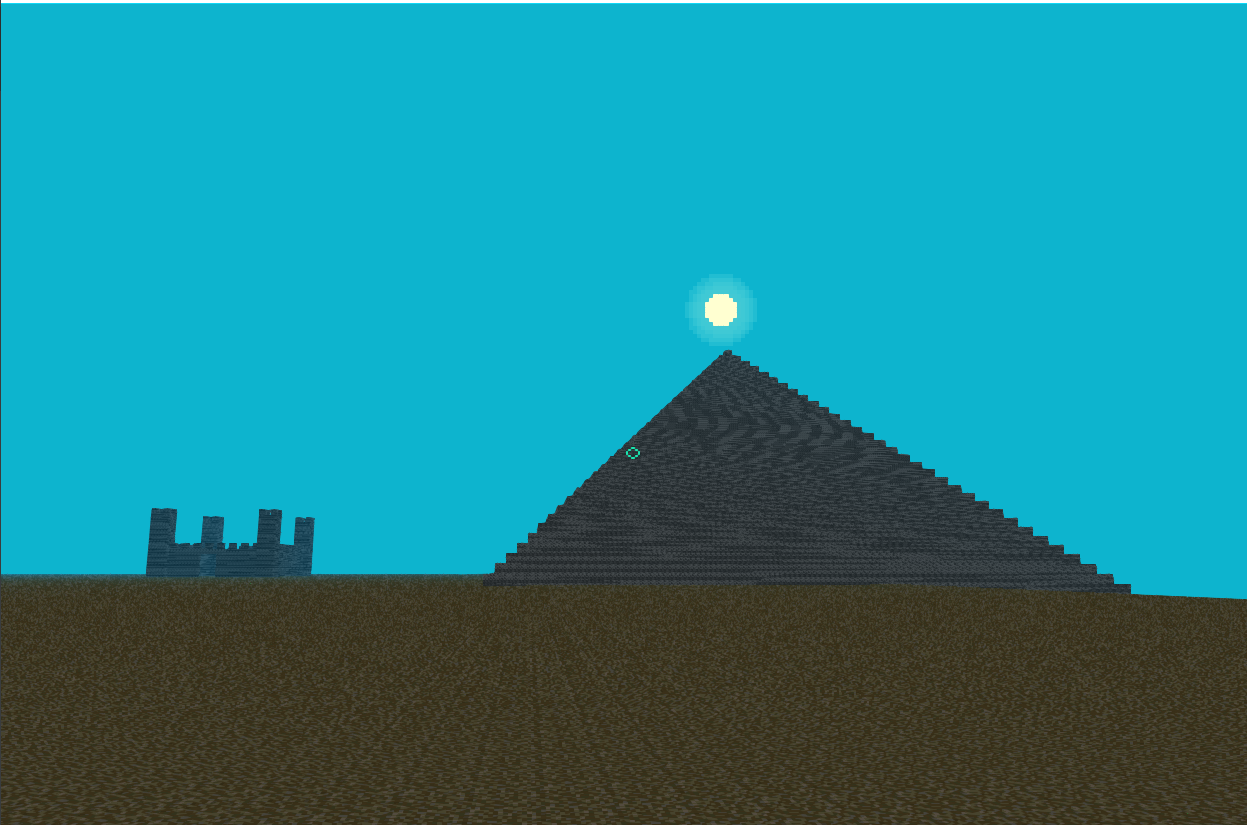
Voxel engines and games have been around for decades, some capable of running entirely on the CPU.
With the release of most recent Nvidia RTX series cards, which feature real-time ray tracing capabilities, and AMD RX series, we had an explosion of voxel engines making a comeback and it's tempting to jump right into OpenGL or DirectX code to write your own. We're just drawing a bunch of small boxes right?
Due to how modern hardware works, it is important to familiarize yourself with what to expect from developing your own voxel engine before diving in. (You can get excited about learning R-language, because you heard about it on a YouTube channel about making voxel engines. But, with so many diverse components to building a voxel engine, is R actually that helpful when it comes to practical performance? If you bottleneck one part of the engine, it doesn't matter how efficient some other part is.
Or maybe you have already started initializing and rendering your first Vulkan triangle but got stuck trying to draw entire world in a for loop on the CPU, not knowing how to funnel large number of voxels correctly from CPU to the GPU. GPUs are fast because the data is stored directly on the GPU, and can statically hold the voxel mesh data, without communicating to the CPU, until voxels in that chunk need to change. So before your voxel engine becomes sluggish due to GPU overload, you're much more likely to hit a wall trying to mistakingly store all voxels on the CPU. Instead, during initialization of your voxel world, you shoud funnel segments of the entire world data to the GPU in parts.
None of the individual components of your voxel engine are of use on their own, unless you understand overall architecture of a voxel engine first. But this knowledge won't come overnight. So don't give up too early in the process.
It's possible to write terrible R code, or sluggish Vulkan implementation if you don't understand the actual reason for why you are using an algorithm, or a certain approach. Using AI platforms such as ChatGPT, Bard, Devin or Claude can help. But again you won't be able to put together a competitive voxel engine unless you understand each part individually.
In other words...there are no shortcuts. And this is exactly why I created this voxel tutorial site. To help game developers by exposing fundamental principles behind voxel engine optimizations.
Creating a voxel engine is an incredibly complex problem. Even if you watch every single YouTube tutorial about how to make a voxel engine, you might still feel lost. You might understand separate optimizations and shader rendering techniques like instancing for example. But correctly putting together a voxel engine in a way that doesn't hinder performance is a completely different matter.
Optimizations are at the heart of fast voxel engine. Making your voxel game run fast requires a combination of several tricks working together. It's essential to have some basic computer programming background before going on a journey of making your own voxel engine.
© 2024 Voxel Engine Tutorial. All Rights Reserved. | Privacy Policy | Terms of Service